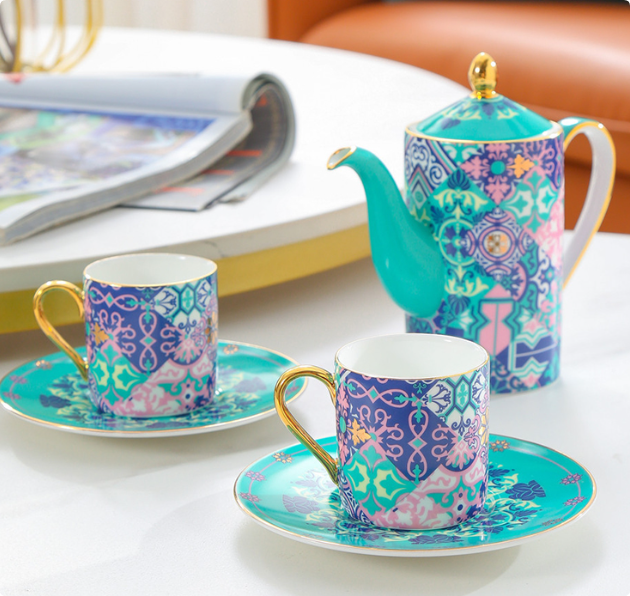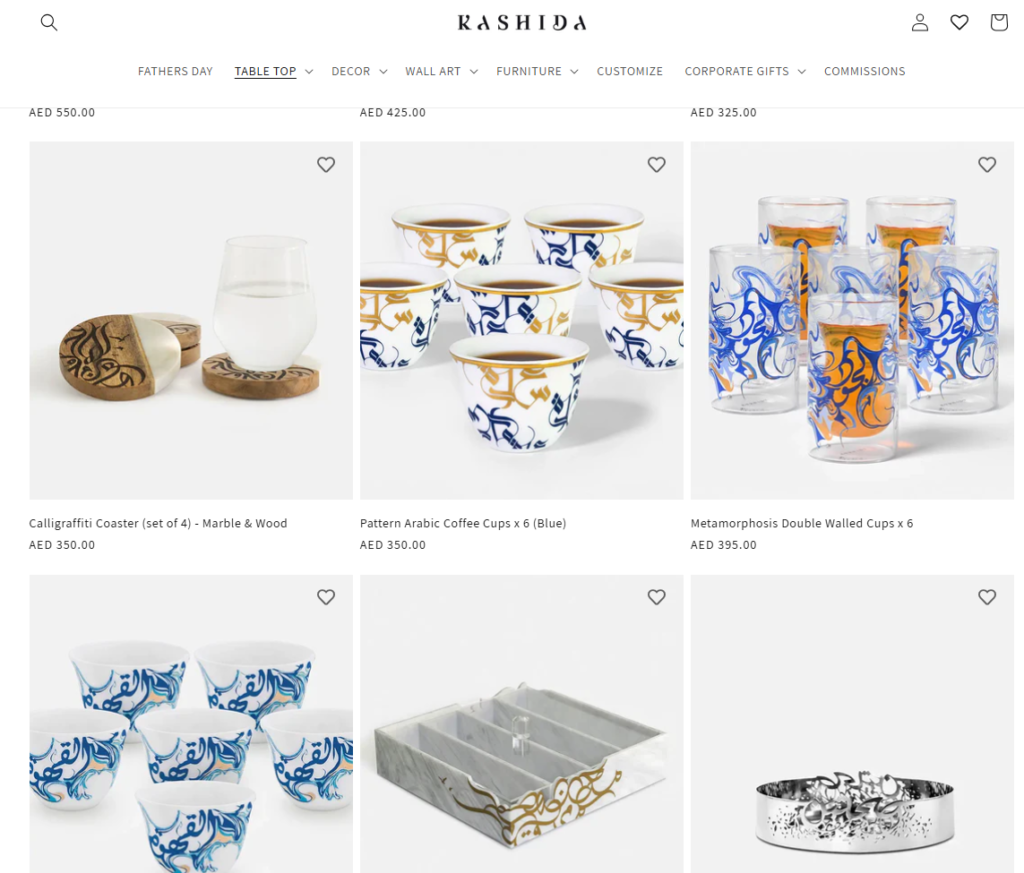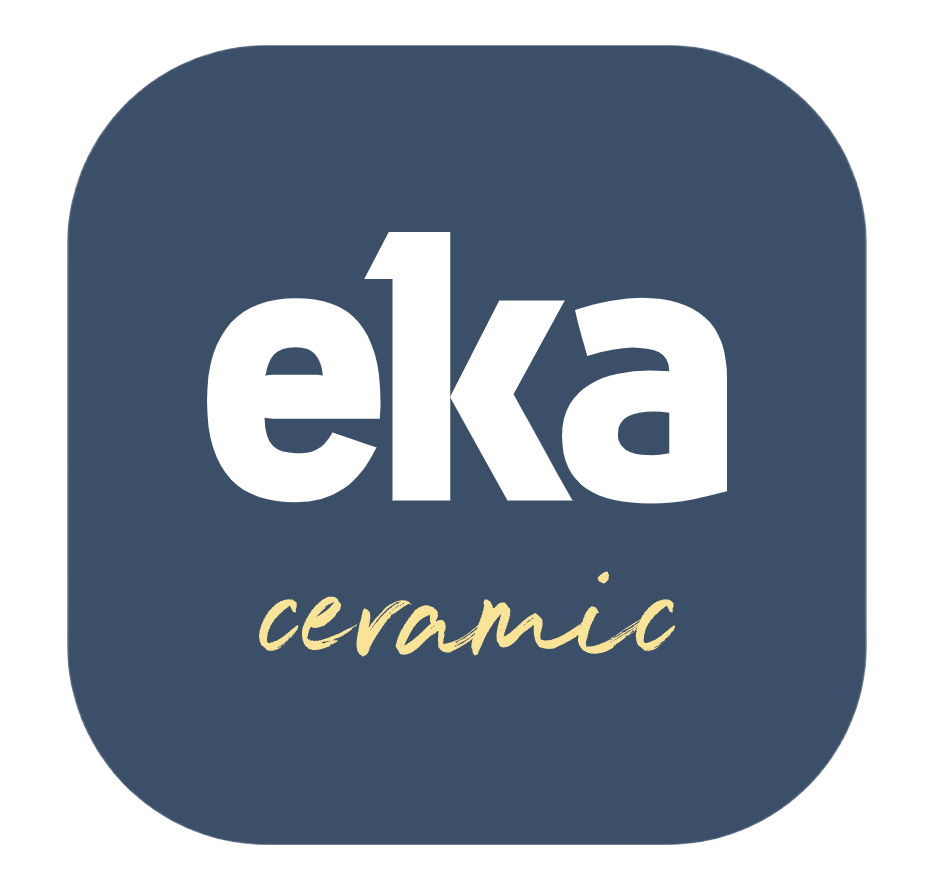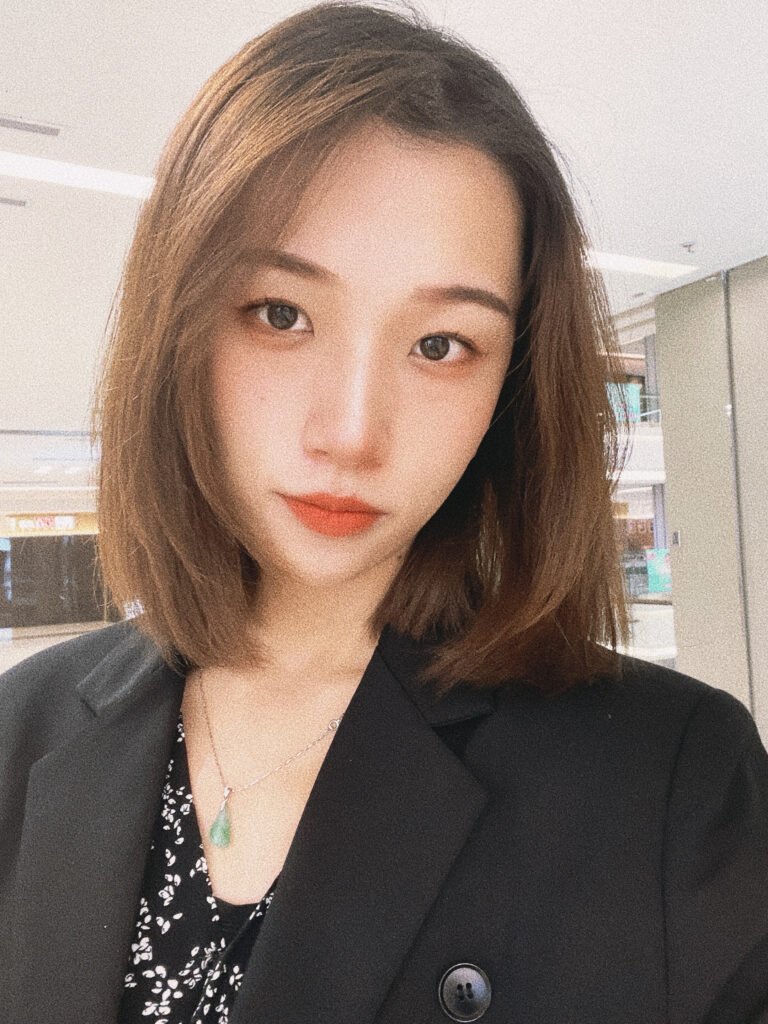The Middle Eastern market holds a deep-rooted appreciation for tea culture. Whether in a modern Dubai household or a traditional Saudi reception room, a tea cup set is more than a vessel—it reflects hospitality, social identity, and artistic taste. For ceramic exporters, understanding Middle Eastern buyers’ preferences, cultural context, and purchasing behaviors is key to entering this high-potential market.
This article explores 7 effective ways exporters can appeal to Middle Eastern tea cup buyers, with brand examples, a comparison table, and actionable insights to help you stand out.
1. Use Arabic Cultural Motifs and Traditional Color Palettes
Middle Eastern consumers place high value on aesthetics and cultural identity. Intricate geometric patterns, floral motifs, calligraphy, and traditional hues such as gold, emerald, and deep blue are highly favored.

“When customizing Arabic ceramic tea cups, buyers often prefer hand-painted ceramic cups with gold trim—this not only enhances the sense of luxury but also aligns with the cultural aesthetics of festive gatherings.”
2. Offer Packaging Tailored for Islamic Holidays and Gifting Occasions
Gifting is a major purchasing scenario in the Middle East, especially during Eid al-Fitr and Eid al-Adha, when buyers tend to purchase custom-packaged ceramic tea cup gift sets in bulk.
Typical requests include:
- Gift boxes with holiday greetings in Arabic
- Twin or six-piece cup sets
- Sets paired with matching pots or sugar bowls for a Middle Eastern-style tea set
3. Align with Aesthetic Trends of Premium Home Brands
In affluent markets such as Saudi Arabia, UAE, and Kuwait, consumers are shifting toward minimalist styles blended with Eastern design elements. Exporters should aim to offer customized designs that retain Arabic cultural elements while incorporating modern ceramic techniques and matte finishes.
These products are especially well-suited for custom modern tea cup sets for homeware retailers, with high demand both offline and in online retail channels.
4. Partner with Recognized Local Brands in the Region
Here are five well-known tea cup and homeware brands in the Middle East that exporters can study or consider collaborating with:

| Brand Name | Country/Region | Product Features | Popular Among |
|---|---|---|---|
| Silsal | UAE | Combines Arabic calligraphy with modern design; renowned for hand-painted cups with gold detailing | Gift retailers, e-commerce, high-end department stores |
| Tareeq | Saudi Arabia | Merges traditional Arabic design with eco-friendly ceramics; practical and culturally rich | Boutique shops, green lifestyle stores |
| Kashida | UAE | Heavy use of calligraphy and geometric art; popular for corporate gifting | Corporate buyers, luxury brand collabs |
| Fann Ceramics | Bahrain | Handmade ceramic brand focused on craftsmanship and uniqueness | Art stores, custom gifting businesses |
| Karama | Qatar | Embraces “New Middle Eastern” design—minimalist style with local motifs | High-end homeware stores, design lovers |
By analyzing their style and audience, exporters can better align their OEM ceramic tea cup design strategies with local expectations.
5. Support Low MOQ Customization and Fast Delivery
Middle Eastern buyers—especially cross-border eCommerce buyers—are increasingly drawn to suppliers who offer flexible production capabilities. The ability to quickly supply custom ceramic tea cup sets in small batches often makes or breaks the deal.
Recommended practices:
- Offer custom gift box sets with a minimum order of 12 sets
- Enable fast sampling (within 7 days)
- Guarantee lead times within 30–40 days
6. Provide Bilingual Labeling and Certifications
Label compliance is critical in cross-border trade. For Middle Eastern countries, bilingual English-Arabic packaging and manuals are strongly preferred. Also, ensure the following certifications and labels are provided:
- Food safety compliance (e.g., LFGB, FDA)
- Lead- and cadmium-free testing
- Microwave/dishwasher-safe symbols
These details help build trust when UAE buyers source ceramic tea cups in bulk.
7. Create Instagram & TikTok-Ready Visual Marketing Assets
Social media has a growing impact on Middle Eastern consumer behavior. Visually immersive content—such as scenes featuring handcrafted ceramic cups in elegant tea ceremonies—often drives engagement and virality.
@elite_kitch Turkish tea cups 😍❤️ #teacup #turkishteacup #elitkitch
♬ original sound – Elite Kitchenware – Elite Kitchenware
Exporters should provide:
- Short videos showcasing tea rituals
- Styled photography with holiday settings
- Influencer-ready short video kits
This is especially useful for entering custom tea cup markets on Middle Eastern e-commerce platforms.
FAQ: Questions Middle Eastern Tea Cup Buyers Often Ask
Q1: Do Middle Eastern buyers prefer hand-painted or printed ceramics?
A: Hand-painted tea cups are more popular in high-end segments, especially for gifts in Saudi Arabia and Dubai. Printed cups offer better value and are more suitable for mass retail channels.
Q2: What certifications are required for ceramic tea cups?
A: It’s recommended to provide LFGB and FDA food safety certificates, along with documentation for lead- and cadmium-free compliance.
Q3: How do Arabic tea cup sizes differ from Chinese ones?
A: Arabic tea cups are generally smaller (40–60 ml), with a stronger emphasis on exterior design and tactile feel.
Q4: Is there demand for luxury tea cup sets?
A: Yes—especially during festive seasons or for VIP client gifting. Sets with gold trim, calligraphy, or custom branding are highly sought after.
Winning the Middle Eastern Tea Cup Market Requires Cultural Understanding + Customization + Support
For Middle Eastern consumers, choosing a tea cup is not just about function—it reflects culture, identity, and lifestyle. Exporters looking to enter this market need to invest in visual design, flexible customization, certification, and localized service to succeed.
If you’re seeking a ceramic factory in China with strong experience in OEM and ODM for global kitchen and homeware brands, consider partnering with a manufacturer who understands international trends and provides full support from design to delivery.

